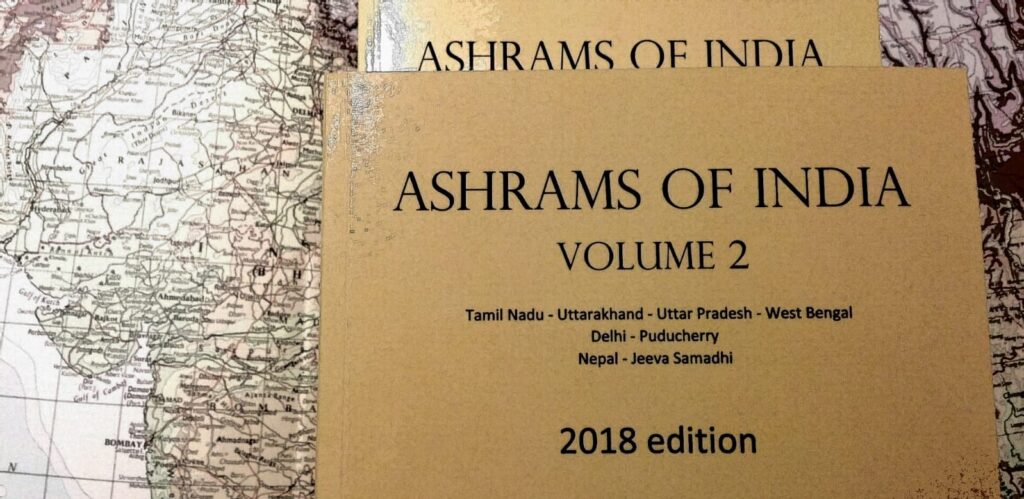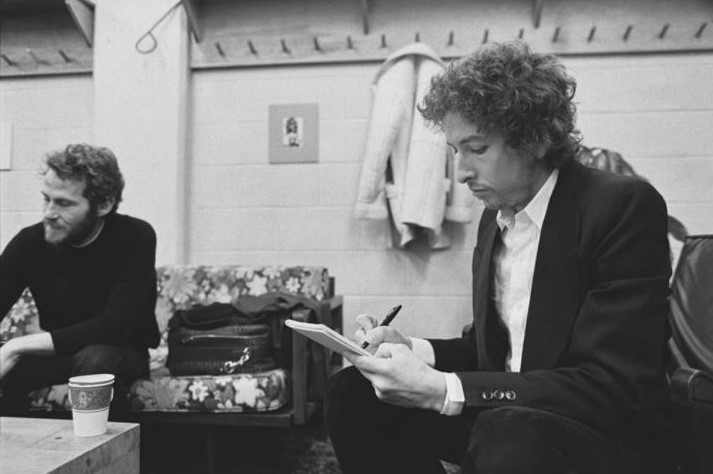Sorry, no orders for paperback editions can be accepted as we are currently out of stock, available as eBook only for the moment, until we restock.
The print edition of Ashrams of India is available in limited quantities due to its extensive size and large shipping weight. The print edition comes in two separate volumes, and is only available for sale as a set of two.
Sorry, no orders for paperback editions can be accepted as we are currently out of stock, available as eBook only for the moment, until we restock.
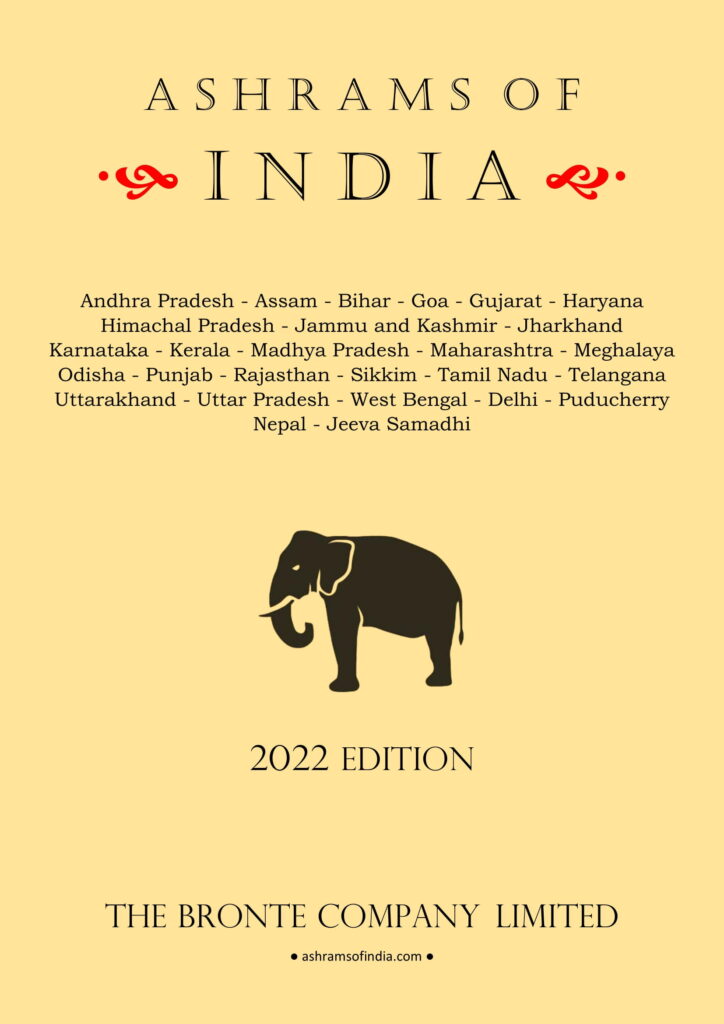
Total Price with Shipping:
- New Zealand: NZ$110
- Australia: NZ$125 (Approx. A$115)
- United States: NZ$160 (Approx. US$105)
- United Kingdom: NZ$160 (Approx. £80)
- Europe: NZ$160 (Approx. €90)
- Other: NZ$170 (Approx. US$112)
Please Note:
- All prices shown are in New Zealand Dollars.
- After clicking “Add to Cart” you will need to select your shipping destination to confirm final shipping costs.
- Target delivery for all locations is 3 – 10 working days after receiving confirmation of shipping address.
Shopping Cart
Your cart is empty
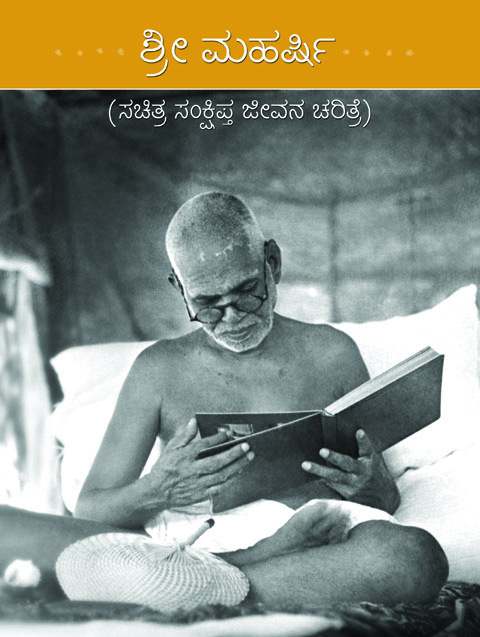
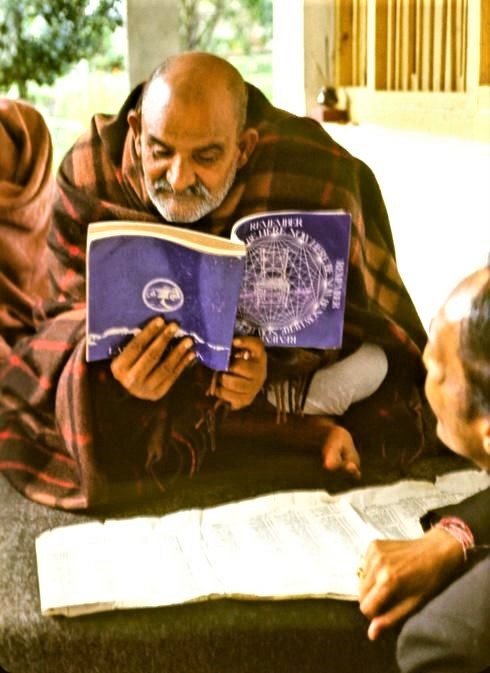

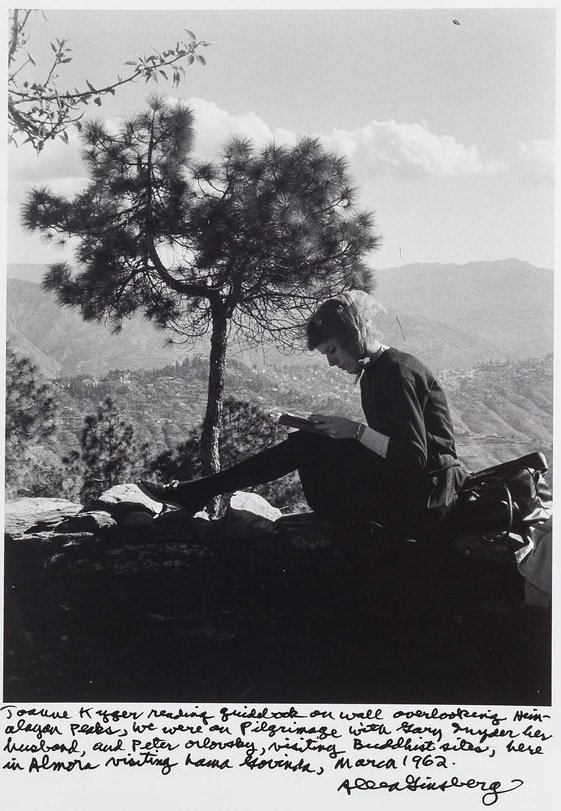
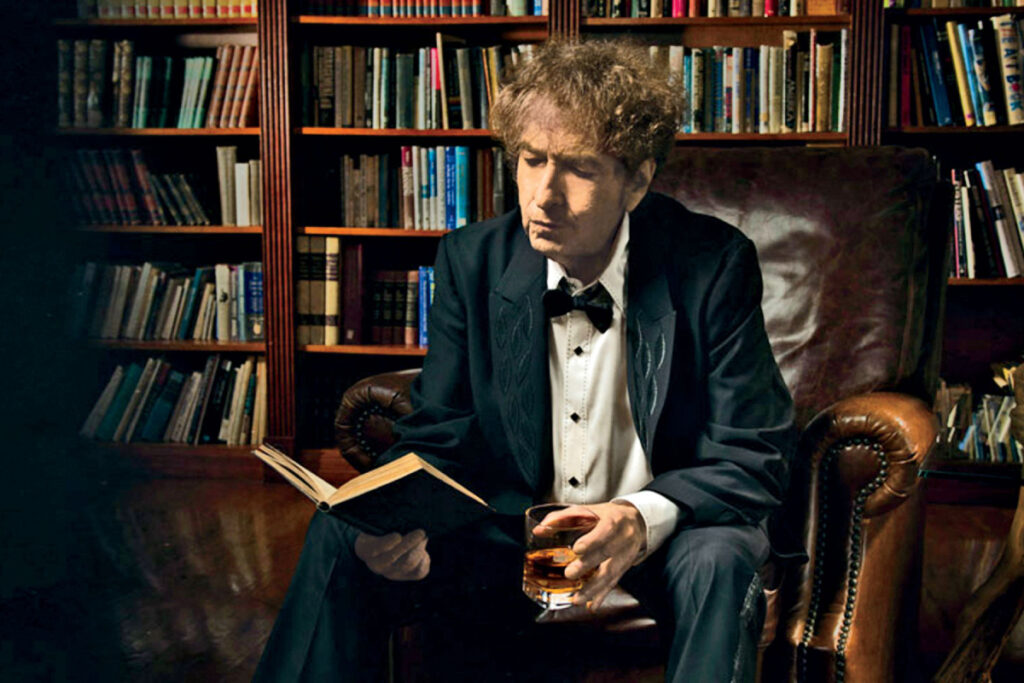
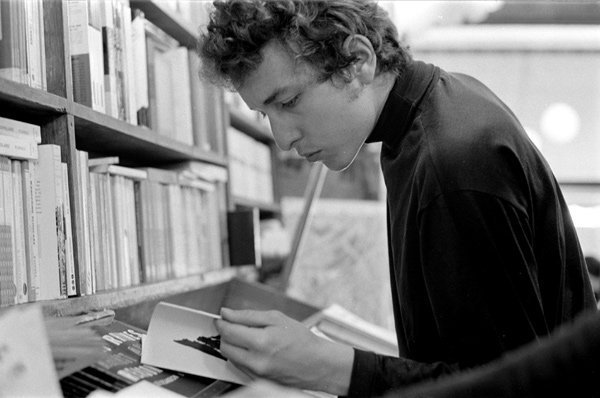

While classic poetry and the Bible were early and lasting influences, Cohen has also cited Camus, comic books and mindfulness and meditation guides as formative reads. On being inspired by the gamut of human language – from the Elizabethan Bible to the writings of mental patients – he said: “Every time I pick up a magazine, I read some writing that is distinguished. My pace and viewpoint is being influenced continually by things I come across. You recapitulate the whole movement of your own culture. Occasionally we are touched by certain elaborate language, like the language we associate with the Elizabethan period, with the King James translation of The Bible, or Shakespeare. In certain moments you are influenced by very simple things. The instructions on a cereal package have a magnificent clarity. You’re touched by the writing in National Geographic — it represents a certain kind of accomplishment. Occasionally you move into another phase where you are touched by the writing of demented people or mental patients. I get a lot of letters from those kinds of writers. You begin to see it as the most accurate kind of reflection of your own reality, the landscape you’re operating on. There are many kinds of expression that I’m sensitive to.”
Gathered from the interview archives at Cohencentric
